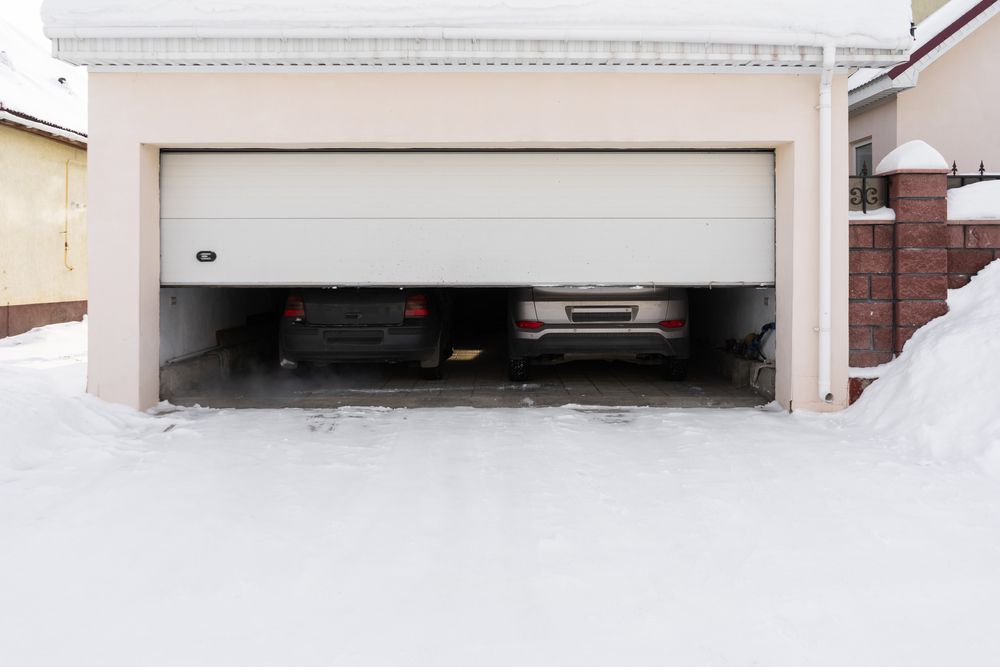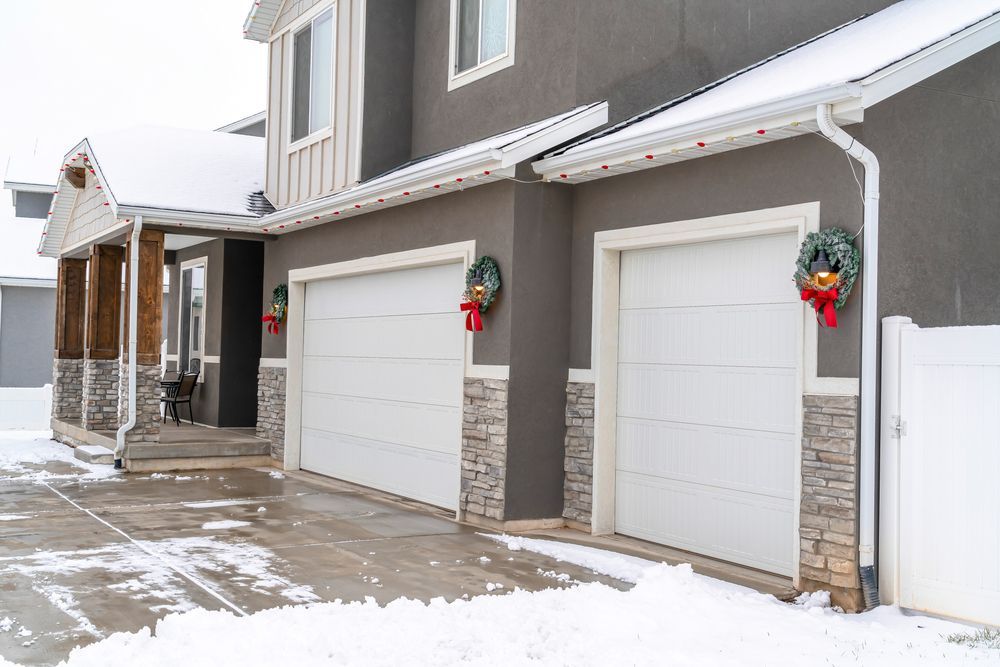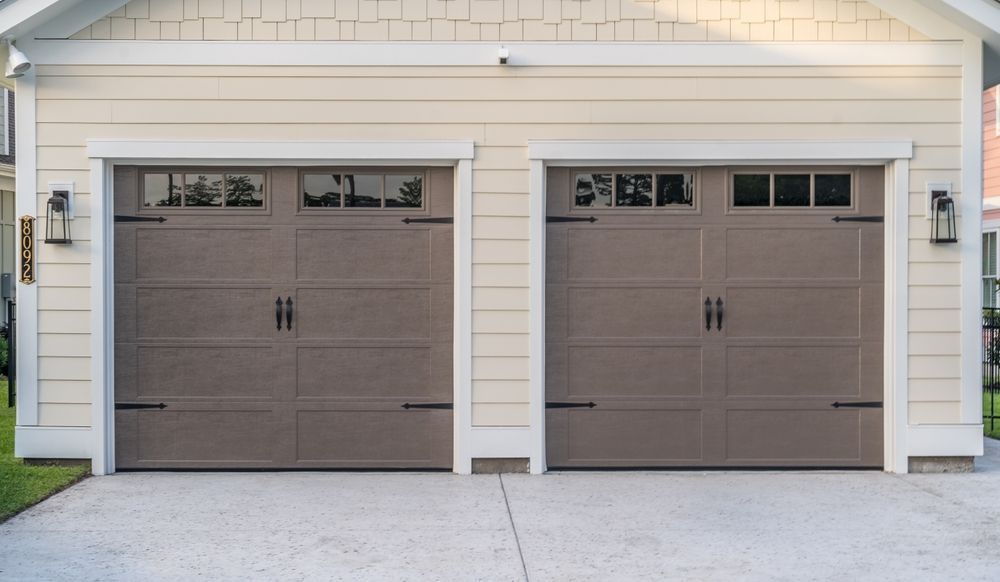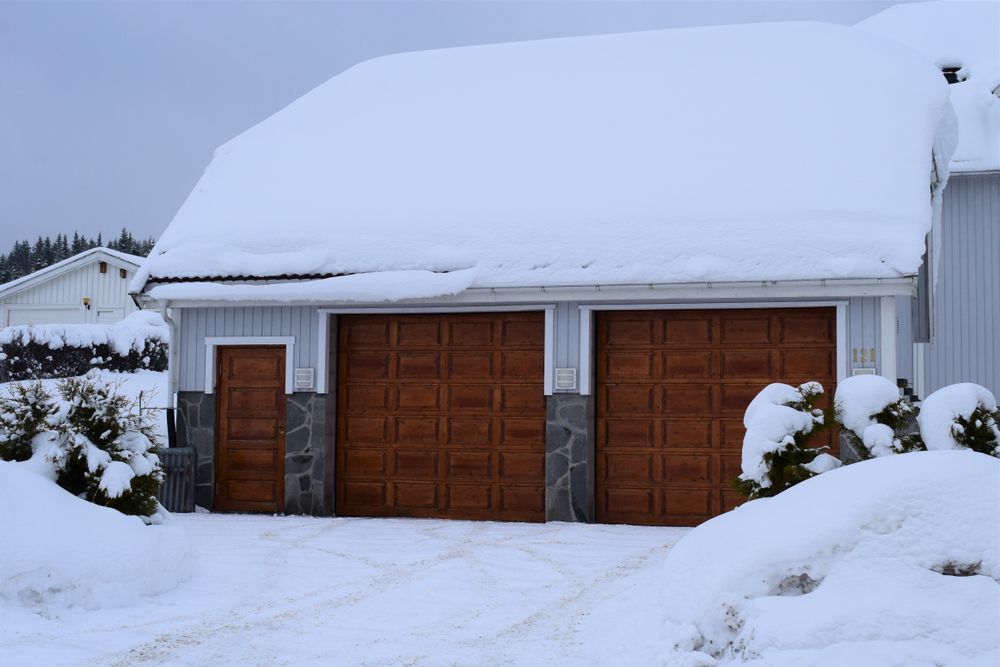What to Do When Your Garage Door Won't Close When It's Cold
Cold air settles in fast, and garage doors don’t always keep up. What worked smoothly last month might suddenly freeze, stall, or reverse without warning. It’s easy to assume the opener is broken, but cold weather creates small shifts in performance. Even minor issues can interrupt routines just as much as a full breakdown.
Why Cold Weather Causes Garage Door Problems
Cold temperatures affect how mechanical parts move, how sensors respond, and how materials hold tension. Even well-maintained garage doors can behave unpredictably when exposed to freezing conditions, especially during sudden temperature drops or prolonged cold spells that last several days or more.
Why Sensors and Springs Struggle in the Cold
Cold air makes metal parts contract and lose flexibility. That shift can throw off spring tension or reduce the sensitivity of safety sensors, especially if they’re older or slightly misaligned. Ice or condensation may also block sensor lenses or freeze components, making the door stop or reverse without warning. These issues often appear during early morning use.

Meet Uplift Garage: Chicagoland’s Cold-Weather Experts
Winter can reveal garage door problems that go unnoticed the rest of the year.
Uplift Garage understands how cold affects springs, sensors, and openers across a range of home setups. Based in the western suburbs, our team has hands-on experience solving cold-weather issues specific to Chicagoland homes. They look beyond surface-level issues and focus on how the system functions during consistent cold weather. Our approach includes identifying stress points, replacing worn parts, and fine-tuning performance for lasting winter reliability.
Simple Fixes to Get Your Garage Door Moving Again
When a garage door won’t close in the cold, a few basic checks can often restore function. These practical steps can address common issues before they turn into larger repairs.
Check and Clean Your Safety Sensors
Cold weather can affect how safety sensors respond, especially when frost, condensation, or dirt collects on the lenses. If the door starts to close but reverses or won’t move at all, start by gently wiping the sensors with a clean, dry cloth. Make sure both sensors are aligned and that nothing is blocking their line of sight. Even a small shift in position or buildup on the lens can disrupt the signal. Keeping sensors clear during winter helps prevent interruptions when sunlight or shadows are at play.
Inspect Tracks, Rollers, and Springs for Ice
Cold temperatures can cause moisture to freeze along the tracks or around moving parts. If the door sticks or makes a grinding sound, check for frost buildup on the rollers or in the track grooves. Ice can block smooth movement and put stress on the opener. Use a plastic scraper or soft cloth to remove visible ice, but avoid using hot water, which can crack cold metal. Also, look for rust or signs of strain on the springs, which can become brittle and less responsive in low temperatures.
Adjust Sensitivity Settings on Your Opener
Cold weather can stiffen moving parts, making the opener work harder to close the door. If the system senses too much resistance, it may stop or reverse direction. Most garage door openers have a sensitivity setting that controls how much force is needed to operate. Check the manufacturer’s manual for adjustment steps, usually involving a small dial or screw on the opener unit. A slight increase in closing force can help the door move smoothly in colder conditions without triggering safety stops. Always recheck the door’s movement after any adjustment.
Lubricate with a Cold-Weather Safe Product
Standard lubricants often thicken or harden in freezing temperatures, which can slow down or strain your garage door system. Use a silicone-based or lithium-based lubricant labeled for cold weather. Apply it sparingly to rollers, hinges, and springs, avoiding plastic parts and sensor areas. Wipe away excess to prevent buildup that attracts dust. Cold-safe lubricants help reduce friction and noise while keeping parts flexible during low temperatures. Routine maintenance during winter lowers stress on the system and helps everything operate quietly and consistently.
When It’s Time to Call Uplift Garage
If the door still won’t close after basic troubleshooting, the issue may involve damaged components or deeper alignment problems.
Springs can weaken, cables may shift, and openers sometimes need recalibration after repeated cold-weather strain. Uplift Garage brings the tools and experience to assess what’s going wrong and recommend long-term solutions. Our technicians understand how winter affects every part of the system, from sensors to tracks. If you're also trying to open a
frozen garage door, we’ll check for unseen problems and restore safe operation.
What Happens If You Ignore Garage Door Freezing Issues
Cold-weather garage door problems rarely stay small. Left unresolved, they can lead to system-wide strain and costly repairs. Some of the most common risks include:
- Burned-out openers from repeated strain
- Warped tracks caused by ice expansion
- Cracked springs that lose tension in extreme cold
- Misaligned sensors triggering safety failures
- Water damage from gaps left by incomplete closing
Each delay increases the chance of a costly repair later in the season.
Enjoy a Smooth-Running Garage Door All Winter Long

A reliable garage door makes daily routines easier, especially during cold, early mornings or icy evenings. Consistent winter performance starts with basic maintenance and quick attention to small changes in how the door moves or sounds. Lubricating parts, clearing sensors, and inspecting components before deep freezes settle in can help prevent disruptions. When the door runs smoothly, the whole entry feels safer, quieter, and more dependable. That consistency matters even more when temperatures keep dropping
Schedule Reliable Garage Door Service in Chicagoland Today
Cold weather doesn’t wait, and garage door issues often show up when timing matters most. Our team helps homeowners stay ahead of winter complications with responsive service and practical solutions that work in real conditions. If your garage door won’t close when it's cold or shows signs of strain, our team is ready to help. Don’t let small problems turn into bigger ones as the season continues.
Contact Uplift Garage today to schedule a cold-weather service visit anywhere in the western suburbs.




